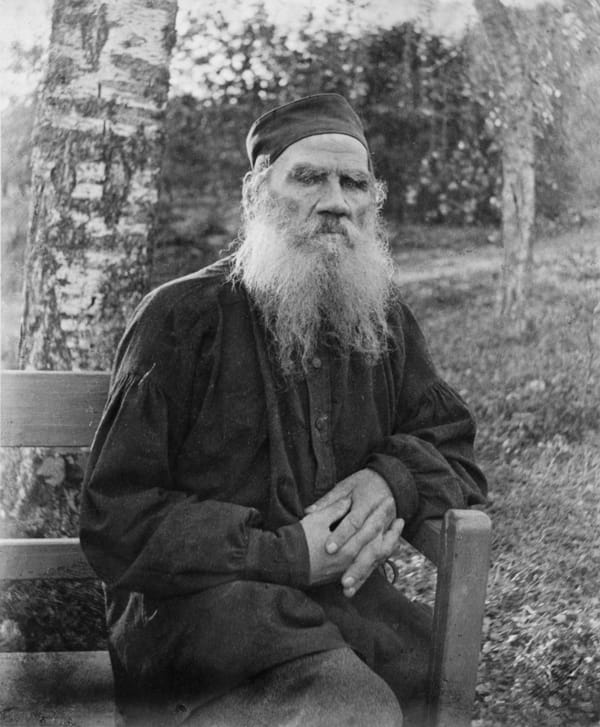It’s one of life’s beautiful ironies that Count Leo Tolstoy, a reactionary who loathed doctors and the government with a virulent passion, became a pandemic reading meme. When they weren’t busy baking bread, many people turned to reading his great novel-cum-discourse on the philosophy of history, War and Peace. It’s safe to say that most of his lockdown fans knew little of Tolstoy’s opinion on the value of medical advice (he thought doctors were the “priests of science … who deprave youths” and who are “ruining the lives of thousands and hundreds of thousands of human beings”). And likewise of his views of relations between the sexes, which came to the fore in his late work—as shocking and transgressive today as it was in his time. Late-period Tolstoy has been too often dismissed as nutty or irrelevant owing to the author’s religious conversion in the twilight of his life. However, an incendiary masterwork of this period, the long 1889 short story, “The Kreutzer Sonata,” has only become more interesting. “The Kreutzer Sonata” is a work of utopian gender theory equal to our era of utopian gender theories. It deserves a fresh hearing.
I recently reread the story, which is about a man who kills his wife in a fit of sexual jealousy, and found it so full of forbidden material that I was surprised it is still in print. “The Kreutzer Sonata” is pyrotechnically misogynist. It thinks sex is disgusting and endorses abstinence even within marriage. It rips treasured institutions like “love” and the medical profession to shreds. And yet it contains brutally accurate diagnoses of the ills of human life and makes several interesting and universalist assumptions that are widely shared by many who should be Tolstoy’s natural enemies. It is worthwhile at the very least as transgression, useful in jolting us out of our preconceptions and allowing new things to be seen, and perhaps valuable as much more.
